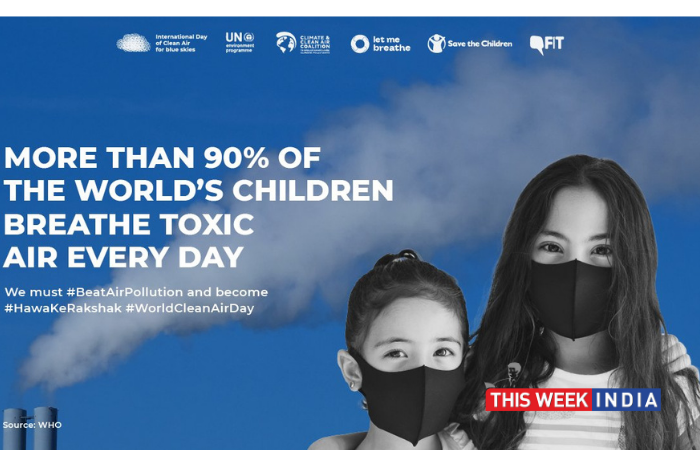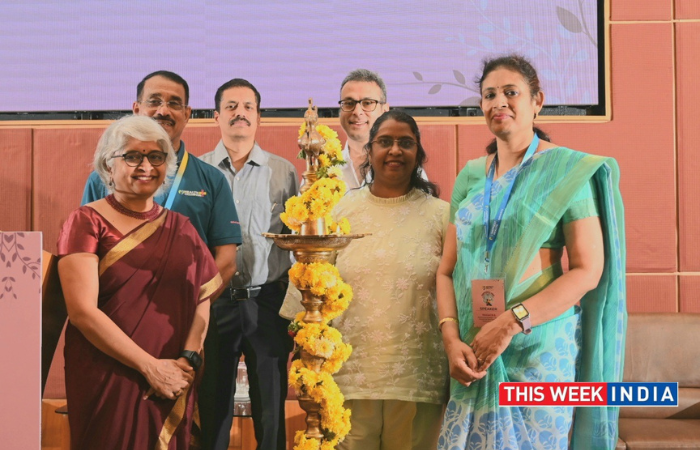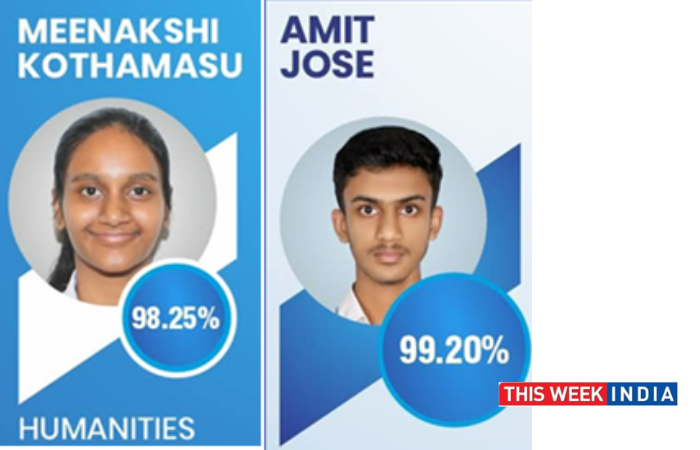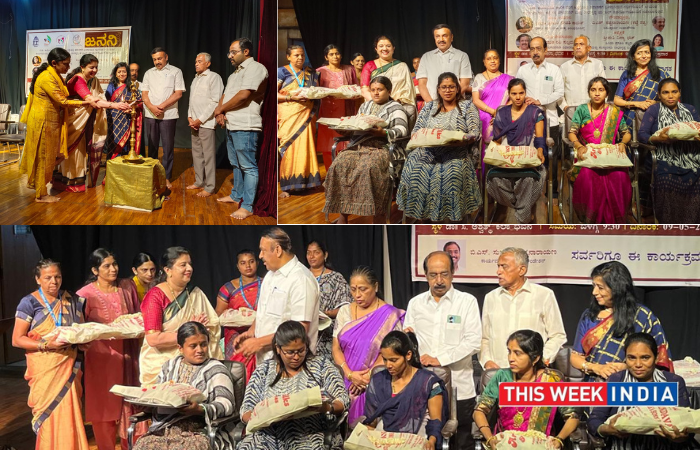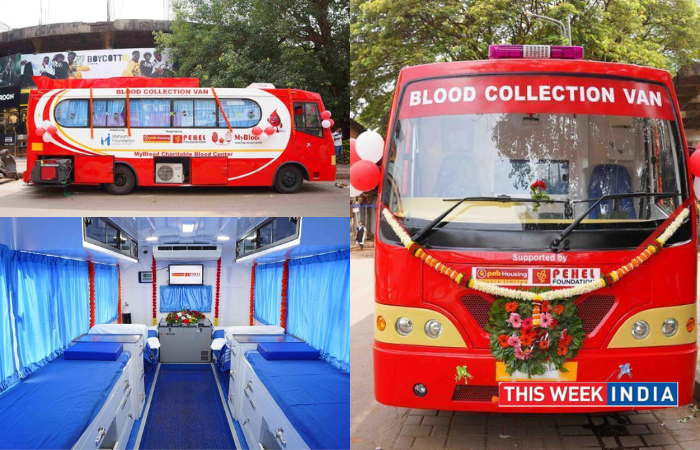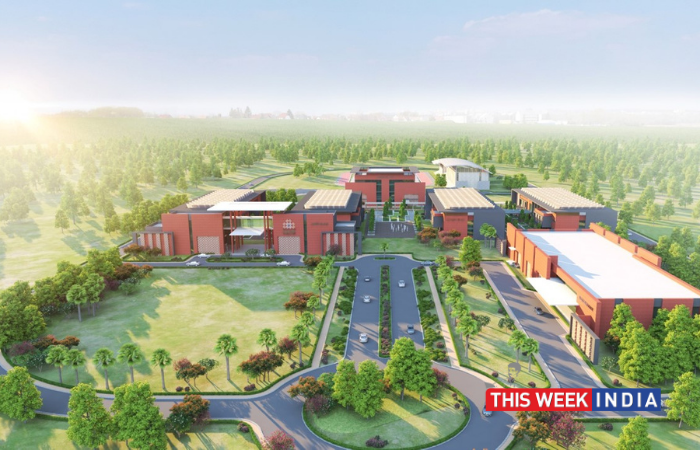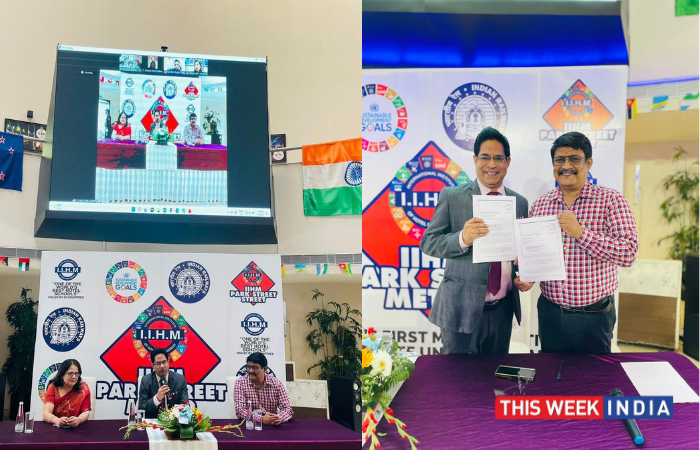Chennai, September 8, 2021: On the occasion of the International Day of Clean Air for Blue Skies, young #HawakeRakshak children released a short fiction film – Near Future – highlighting the impacts of air pollution on our health and the urgent need to change our habits now itself.
In efforts to highlight this important issue, People Powered Digital Narratives (PPDN) hosted a virtual children’s roundtable, moderated by award-winning actor Adil Hussain and attended by young climate champions from Uttar Pradesh, Kolkata, Odisha and Maharashtra. Given the recent warnings of climate change, the discussion drew attention to air pollution levels during the pandemic, the current hurdles and need for improved air quality across India alongwith policy change to ensure better human and planetary health. “The planet will survive, mother Earth has survived before we came and it will survive after we go – we have to save ourselves”, as Adil Hussain opined.
Over 90% of the world’s children breathe toxic air every day, and our country has 22 of the 30 most polluted cities in the world. Participants of the e-roundtable included children from affected communities who have been raising their voices through the #HawaKeRakshak movement, child rights and youth activists, and representatives of civil society organizations working to address air pollution in India.
Through the #HawaKeRakshak movement, People Powered Digital Narratives (PPDN) seeks to inspire the masses and establish young advocates to build a case for clean air. The aim is to uplift and enable the youth by amplifying unheard voices, bring to light their struggles and provide actionable solutions to unite in the pursuit of a clean environment. PPDN is doing this by training children on issues of air quality and mobile storytelling which has enabled them to create content related to their concerns and share it on social media platforms in pursuit for sustainable solutions. Children from Uttar Pradesh, Maharashtra and Rajasthan have been most engaged in creating content around air quality issues.
Speaking about the #HawaKeRakshak initiative by children demanding better air, Arif Ismail, who has been vlogging on solution-oriented topics said, “Air pollution is a perennial issue and is not seasonal in nature. We must open our eyes to this and should continue talking about solutions to this massive problem.”
Vlogger sisters Saziya and Naziya were of the opinion that provision of more green open spaces is an important part of the solution. “Denser urban agglomerations have led to shrinkage in green open spaces. Town planners must ensure provision of such spaces as they are the lungs of settlements. Even the WHO recommends that people stay within 15 minutes of a green open space. We must work towards achieving these stipulations. People must take ownership of community gardens and must develop and maintain them. This can go a long way in improving health and spreading joy,” the sisters said.
While air pollution is a global crisis, certain groups and communities are impacted more severely than others. According to a UNEP report, globally, 7 million people die each year because of air pollution; of these, 650,000 are children. With global communities increasingly emphasizing the need for clean air, the United Nations General Assembly designated September 7 as the International Day of Clean Air for Blue Skies.
As much as 92% of our world is exposed to polluted air causing an estimated 7 million premature deaths every year. More than 116,000 infants in India died within a month of birth in 2019 due to indoor and outdoor air pollution according to the State of Global Air 2020 report. India also saw a 61 % increase in overall deaths attributable to PM2.5. Participants of the e-roundtable discussed these issues and demanded change from policy makers, private and public organizations and the community as a whole.
This International Day of Clean Air for Blue Skies, PPDN along with #HawaKeRakshak children, joins UNEP to call upon all stakeholders to take concerted action to curb air pollution and bring about transformative change.

